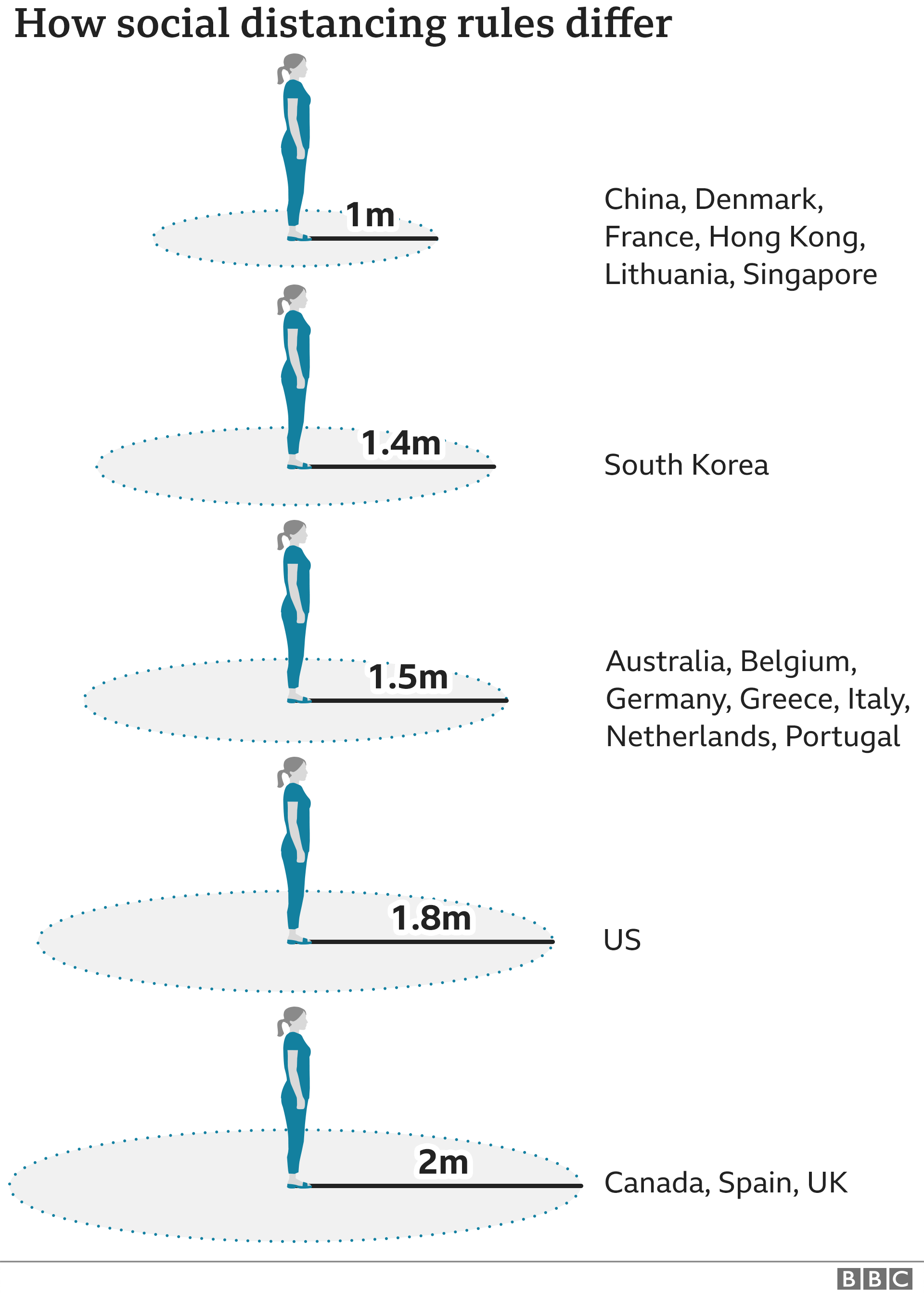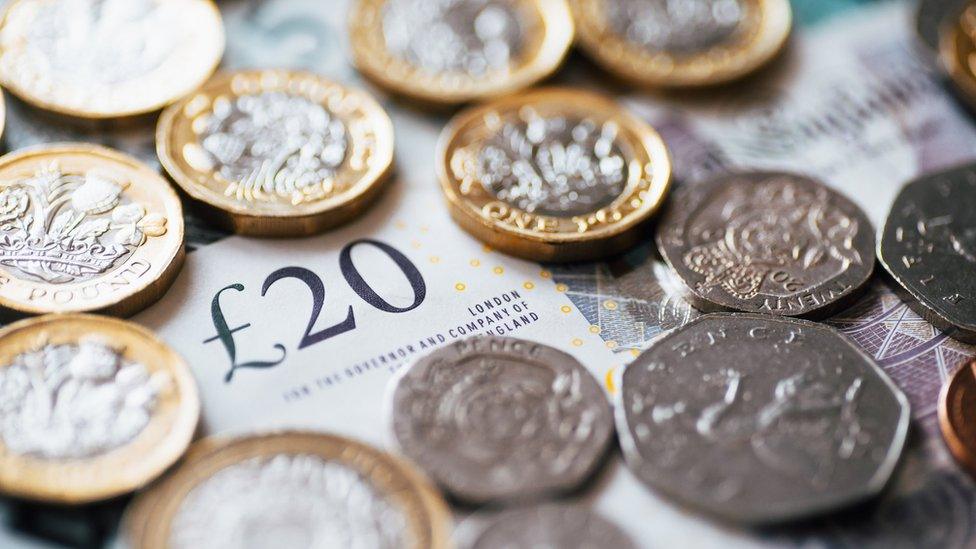Coronavirus: Lockdown latest, growing wealth divide and saliva tests
- Published
Here are five things you need to know about the coronavirus outbreak this Monday morning. We'll have another update for you at 18:00 BST.
1. Lockdown latest
Boris Johnson will discuss the next steps in relaxing England's lockdown with senior scientific advisers and ministers today. He'll set them out for the public on Tuesday. The expectation is that the prime minister will confirms pubs, restaurants, hotels and hairdressers can start reopening on 4 July. It looks likely, too, that the two-metre social distancing rule will be reduced - we've looked at the science behind that decision.


2. Shopping and (small) celebrations
Non-essential shops are able to open today in Wales for the first time since lockdown was imposed. As in other parts of the UK, strict social-distancing and hygiene measures must be in place. A ban on weddings and civil partnerships in Wales is also being lifted, but no big parties will be allowed. See more on what you're allowed to do and where in our comprehensive guide.
Cardiff's arcades are introducing social distancing

3. Masks and dental care
Face coverings are now compulsory on public transport in Scotland. The rule applies to buses, trains, trams, taxis and more, with only a few exemptions. Other changes coming into effect from today include the partial reopening of dentists and places of worship. Professional sport can also get going again behind closed doors. See the latest figures on coronavirus in Scotland.
Coronavirus: How to wear a face covering

4. Entrenching disadvantage
The pandemic is widening existing inequalities of wealth, according to think tank the Resolution Foundation. It says lower income households are turning to borrowing, most commonly credit cards, to cope, while many higher income households, by contrast, have boosted their savings. Meanwhile, a charity is warning that already disadvantaged children are developing serious mental health conditions, including post-traumatic stress disorder, during this time.


5. Saliva testing trial
A new "no swab" saliva coronavirus test that lets people collect their own sample at home is being trialled in Southampton. The hope is that it could provide an alternative to taking swabs from the nose and throat which can be uncomfortable and hard to do without help. Health Secretary Matt Hancock says the study is "highly promising".
BBC Reality Check looks at why testing matters

And don't forget...
You can find more information, advice and guides on our coronavirus page and get all the latest from around the world via our live page.
Even countries currently controlling the virus fear "the second wave". Is that inevitable? And how bad could it be?


What questions do you have about coronavirus?
In some cases, your question will be published, displaying your name, age and location as you provide it, unless you state otherwise. Your contact details will never be published. Please ensure you have read our terms & conditions and privacy policy.
Use this form to ask your question:
If you are reading this page and can't see the form you will need to visit the mobile version of the BBC website to submit your question or send them via email to YourQuestions@bbc.co.uk, external. Please include your name, age and location with any question you send in.

HOSPITAL SPECIAL: The human stories behind the headlines
JESSE LINGARD'S HOME WORKOUT: Can you keep up?
